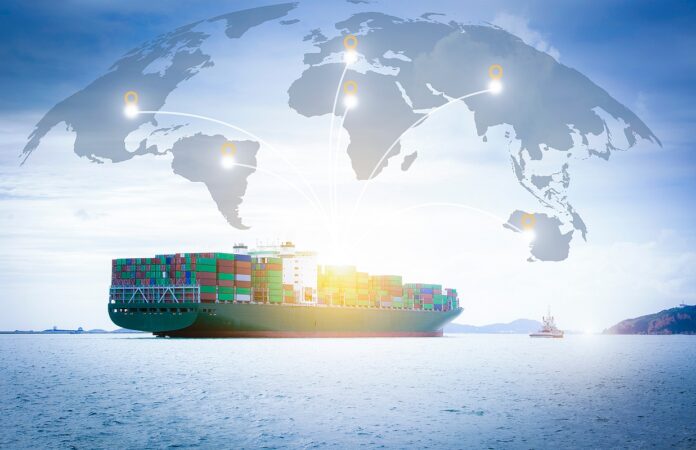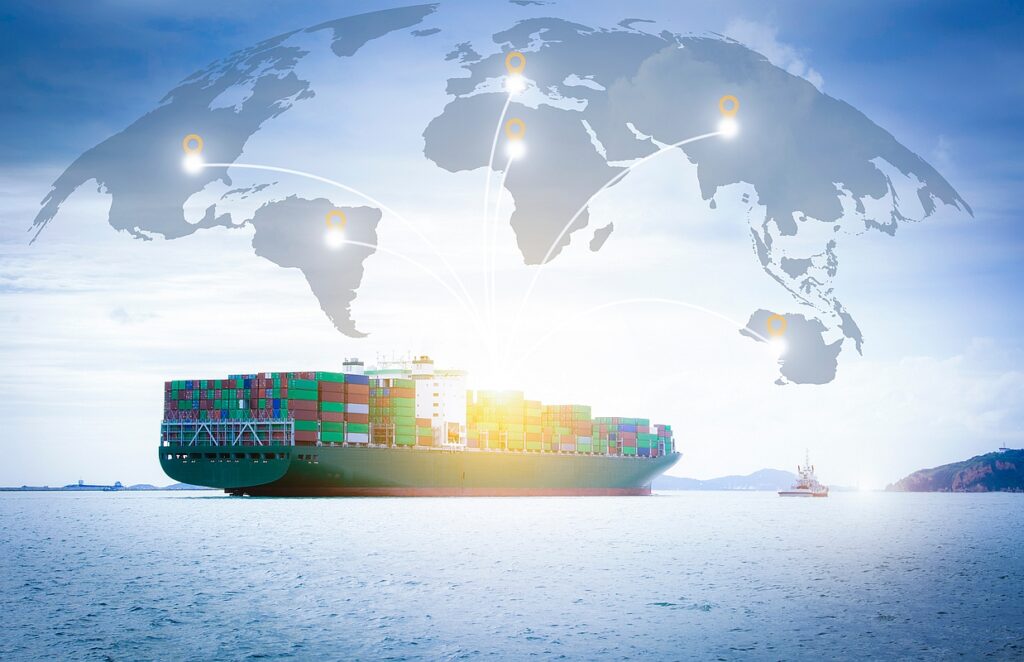
(www.MaritimeCyprus.com) In the maritime industry, for many years now, we have become accustomed to a certification management process that is very complex and time-consuming. It is made up of countless steps, starting from the moment a certificate is issued to the moment a seafarer receives it and the party of interest verifies it. The people involved in the certification management process are therefore challenged with a tremendous amount of effort and cost required to sustain it at a practical, manageable and secure level. The old ways of doing business are becoming obsolete, and the certification process in the maritime industry is undoubtedly in need of an upgrade.
Current Certification Process: Behind The Scenes
Even in the 21st century, where technology has revolutionized and streamlined most of the traditional processes, the issuing of certificates in the maritime industry is still unchanged. To give you a better understanding of the current situation, let’s have a look at how the key people involved in the process are affected by the existing procedure:
- The issuer: The issuing authority issues hundreds of paper certificates, which must then be physically printed, packaged and mailed over to the recipients at the required locations, which in our industry could be practically anywhere in the world.
- The holder: The recipients/seafarers are first faced with a long wait until they receive the certificates by mail. Once in hand, they must make sure their certificates are always with them in an original paper format. Occasionally, they will lose and damage the original certificates in which case, they are faced with a long recovery process, in which the entire process must be completed from scratch.
- The verifier: The parties who have to verify the certificates often require additional or updated documents to verify their validity. Moreover, the procedure itself is extremely time-consuming.
In addition, we must also take into consideration the costs associated with issuing the certificates under the current workflow. Just for a single paper certificate, companies may spend 8 EUR, including printing, packaging and postage. According to Clyde Marine Recruitment, the minimum requirements for seafarers include 12 certifications, which comes to 96 EUR/seafarer on average. This does not account for the administrative labor, the time and the environmental impact that the current process carries along. With an average number of 1.6M+ seafarers around the world, the impact is significant.
And let’s not forget about the certificate fraud! A study of the Maritime Safety Committee reveals that 39% of all maritime certificates include fraudulent qualifications. This means that anyone with basic Photoshop or photocopier skills can fake his or her paper certificate, which greatly affects the safety of the operations at sea.
These are only a few examples of the challenges that the complex traditional workflows of maritime certificate management process may cause. In order to ensure the success and efficient operations of their business, maritime companies require constant vigilance and attention to the latest innovations in the industry. Today, businesses are starting to do so by implementing the right systems in order to modernize and simplify the workflows in their organizations, and there is absolutely no reason why certificate management process should be left behind.
Creating Streamlined Workflows
Digital workflows are the invisible digital processes which are broadly used in other industries to streamline and upgrade their operations. According to a new survey of 800 IT managers published in Workflow Quarterly, 64% estimate that work processes in their organization are predominantly automated. Although the maritime industry is still in its familiarization phase in regards to digital workflows, the first steps have been already taken by the industry leaders.
Today, one of the most-used and versatile digital certification platforms in the industry is myCert – a single solution for managing maritime certificates in one secure and digital ecosystem. It connects three key players of the certification process: issuers, holders and verifiers. The primary purpose of the platform is to create streamlined digital workflows and help companies achieve their goals in much faster and secure way while offering the following benefits:
- The issuer: Fully-automated process for issuing digital certificates while having a reliable, secure online database, which is accessible 24/7 as well as significantly reduce the cost of certificate distribution to holders.
- The holder: Portable application and access to digital certificates while on the go. Fully secure online storage, which eliminates the risk of damage or loss of certificates.
- The verifier: Instant verification and guaranteed authenticity of certificates stored on the platform.
Implementation of a digital certification platform can help any businesses, operating in the maritime industry, manage certificates with ease and efficiency: reduce errors, improve communication between different parties and reduce unnecessary expenses.
For more information on how myCert is transforming maritime workflows, click here













